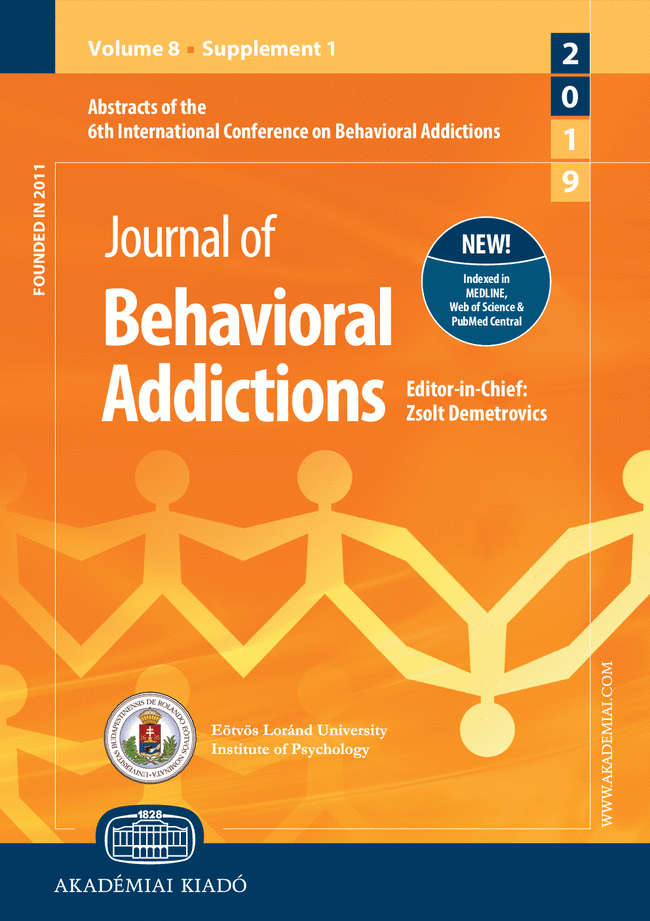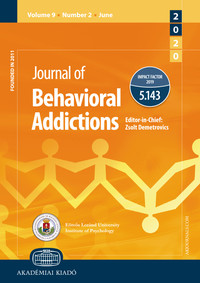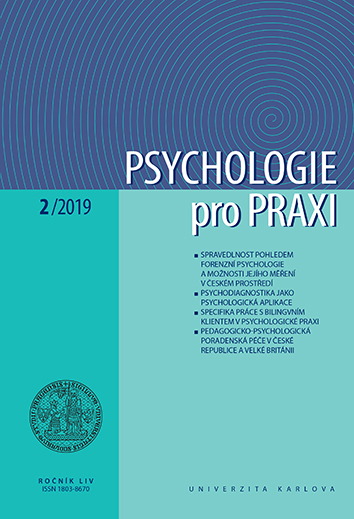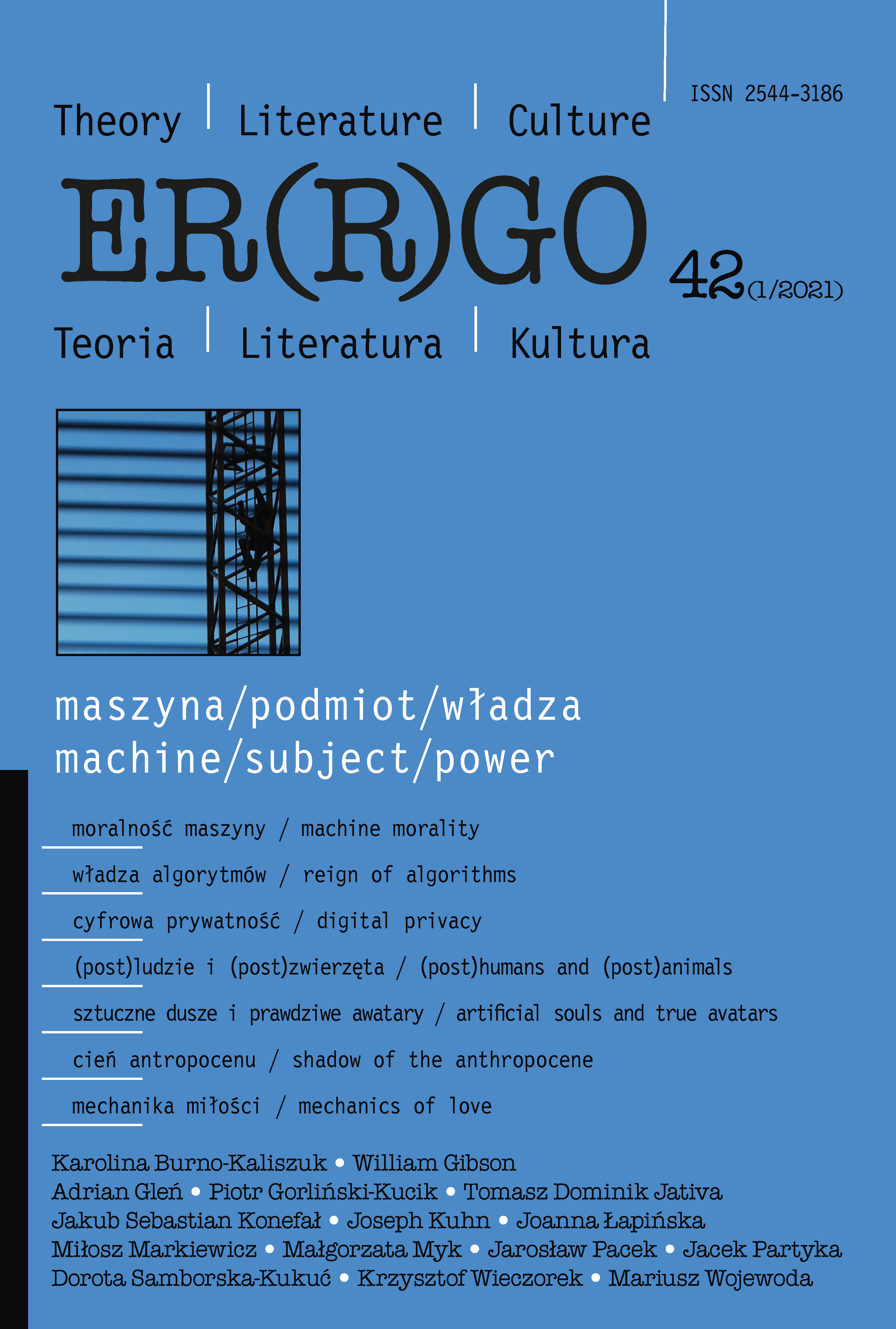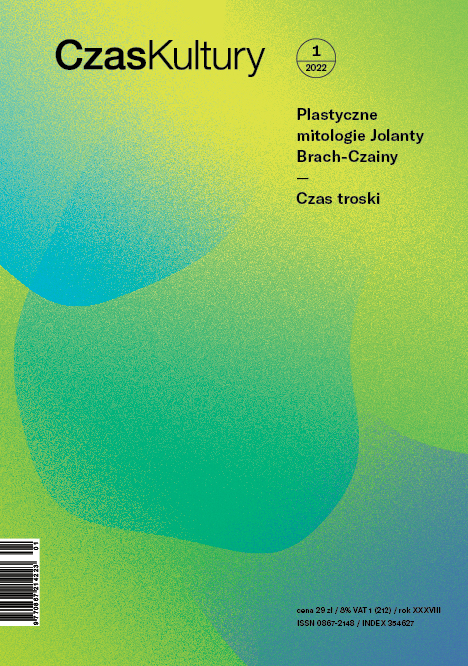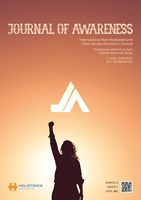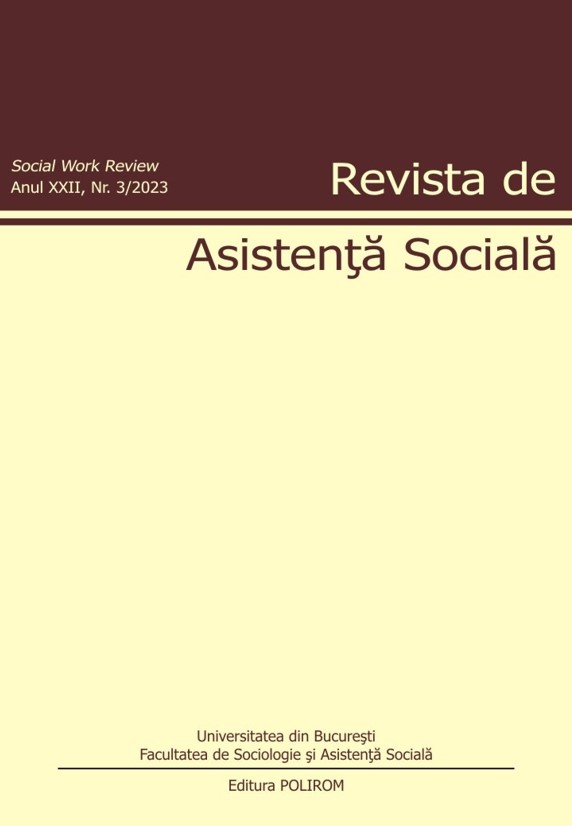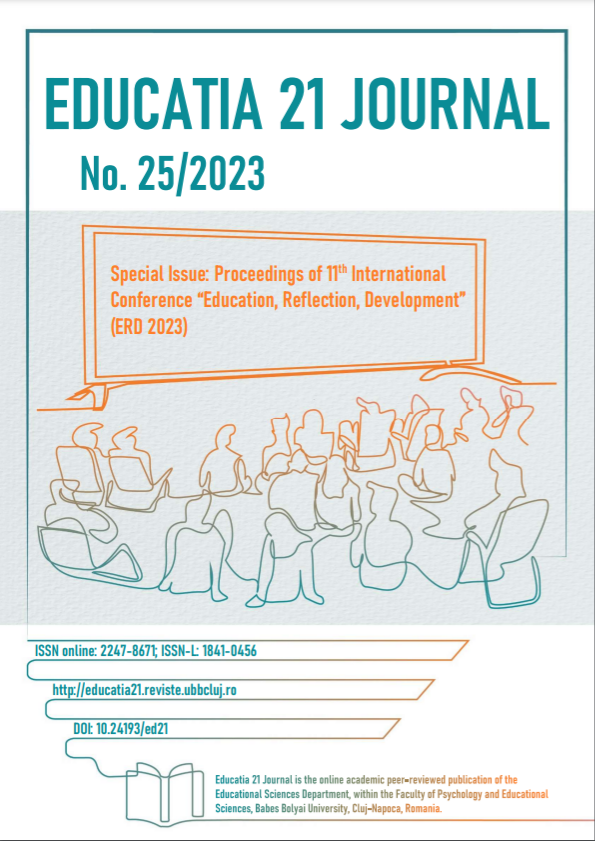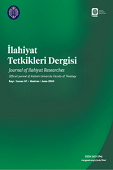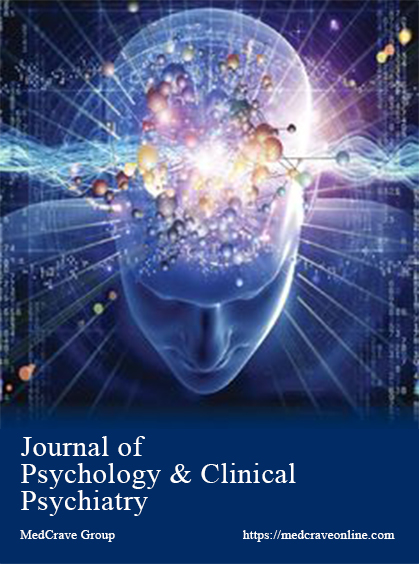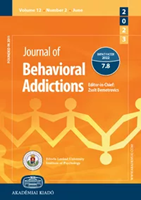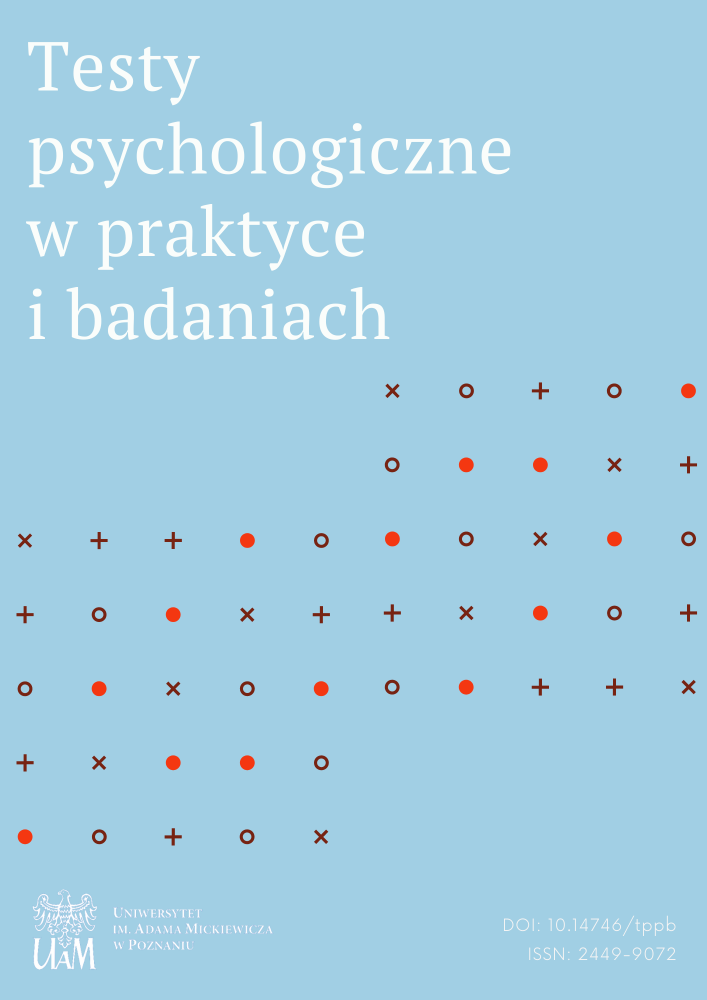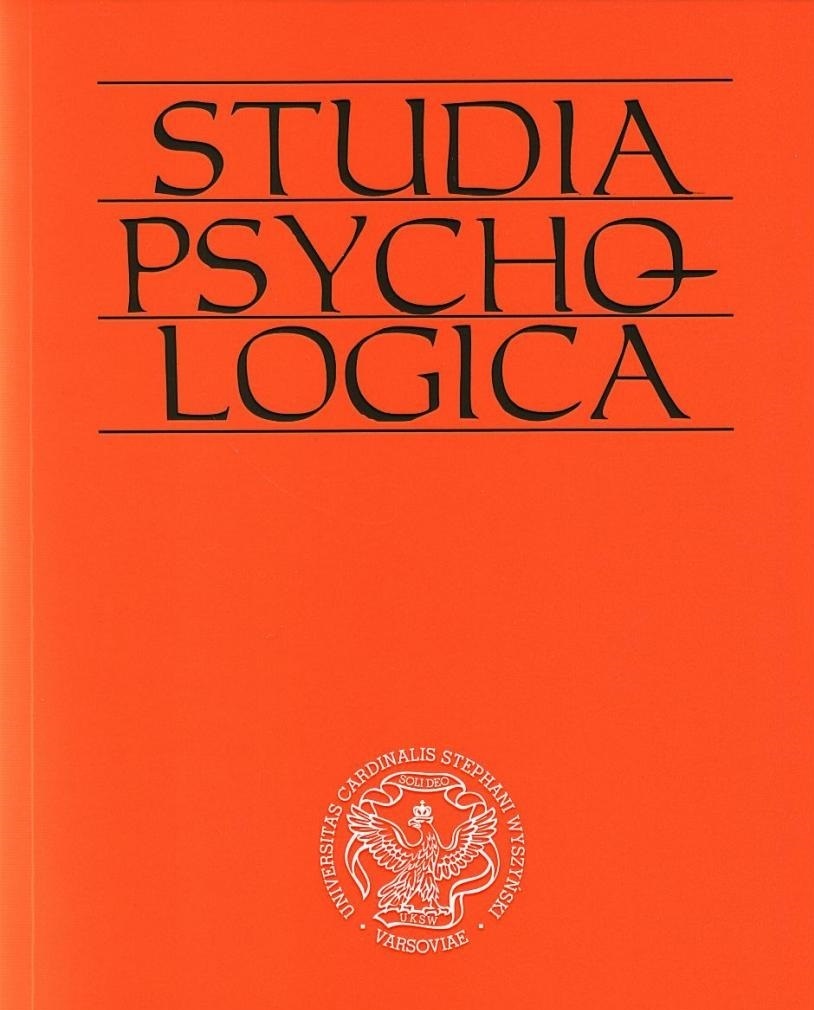
VALIDATION OF THE POLISH VERSION OF MINDFUL ATTENTION AWARENESS SCALE
Walidacja Skali Świadomej Obecności
Keywords: mindfulness; Mindful Attention Awareness Scale
Mindfulness-based interventions are increasingly being used in various populations to reduce psychological afflictions and improve the well-being. However, there is lack of a validated mindfulness measurement in the Polish language. In this study the English version of 15-item of Mindful Attention Awareness Scale (MAAS - Brown, Ryan, 2003) was validated. The psychometric properties of the Polish version were assessed on a sample of 410 people (128 young, artistically gifted people 15-19 y.o. and 282 students 20-50 y.o.). The construct validity was examined with the reliability analysis, the confirmatory factor analyses (1 and 2-factor model) and by relating the polish version of MAAS to some others measures of psychological symptoms: neuroticism, emotional stability, integrity, rumination, openness to experience, extraversion, reflection and personality disorders. The results confirmed the reliability of the Polish version of MAAS (Alfa-Cronbach = 0,81-0,85; stability: r = 0,81-0,91) for people 15-50 y.o. and its validity: 2-factor model for 15-19 y.o. (χ2 = 1,25; GFI = 0,93; AGFI = 0,89; CFI = 0,91; RMSEA = 0,04 [0,02-0,06]; PCLOSE = 0,88) and 1-factor for 20-50 y.o (χ2 = 1,31; GFI = 0,91; AGFI = 0,89; CFI = 0,92; RMSEA = 0,05 [0,02-0,07]; PCLOSE = 0,49). The measurements still have to be verified on a sample of people who meditate on regular basis and on a sample of patients receiving psychological help.
More...
